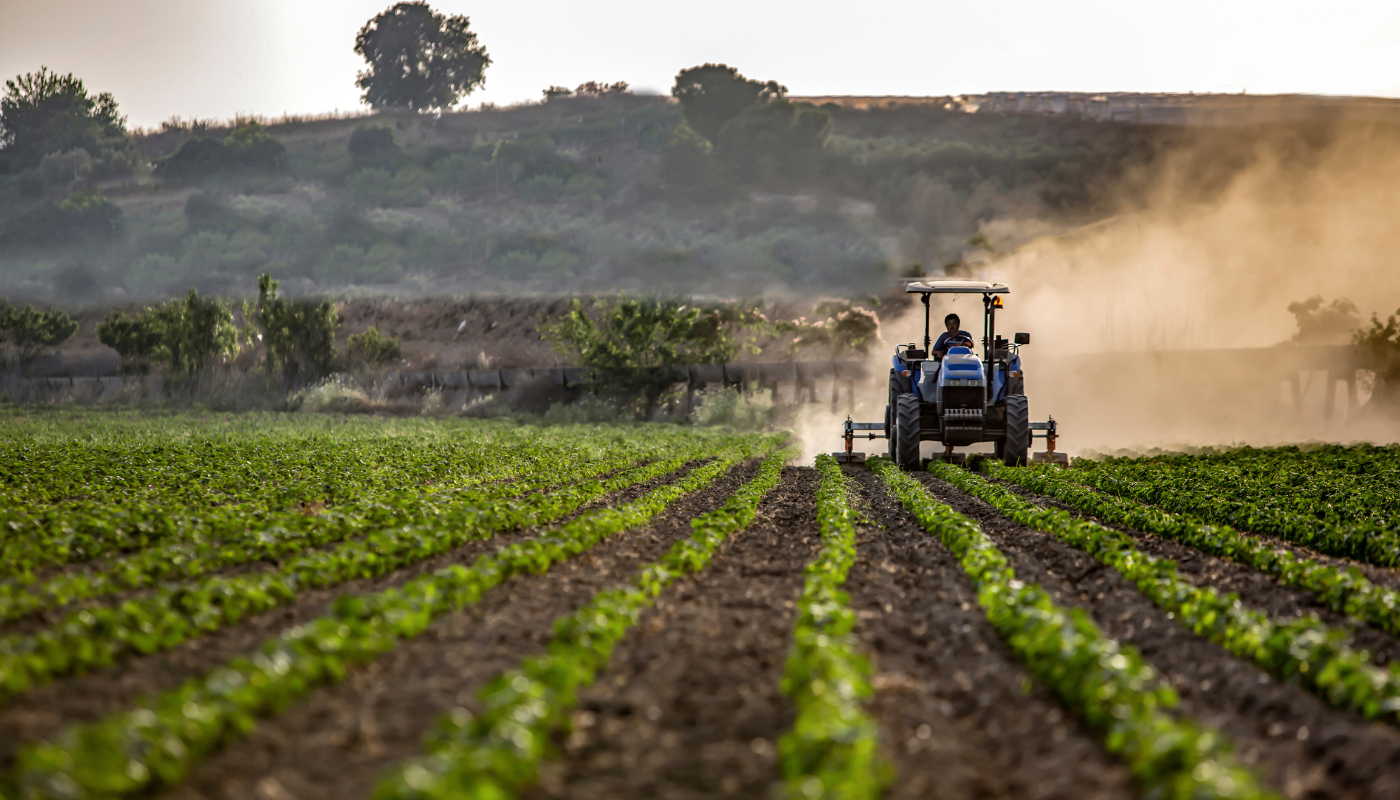Agricultural produce is a basic household requirement. However, in Israel, as a result of the current agricultural restrictions, fruit and vegetables are more expensive than they otherwise would be. Egg prices in Israel are among the highest in the world, and a lot more expensive than the average price of eggs in OECD countries. The inflated price of agricultural produce is due, among other things, to exceptionally high tariffs and a lack of competition.
The reforms address a number of the current barriers we face in Israel:
Reducing regulation and import barriers
Removing import barriers will allow the consumer access to better produce in terms of quality, variety and price. In addition to lowering prices and becoming more efficient, imports are also expected to prevent any food shortages as experienced in the Israeli market last year.
At the moment, in order to import agricultural products into Israel a unique license is required that differs from country to country and necessitates long and tedious hours of bureaucracy. These reforms will simplify the process and reduce unnecessary administration, a move that will benefit both farmers and consumers.
Removal of excessive planning within the poultry industry
The poultry industry in Israel is currently under close government supervision and regulation. Production quantities of eggs in Israel are systematically limited to preserve a low supply. This translates into excessive prices for the consumer. As a result, egg prices in Israel are among the highest in the world.
Under the proposed reforms, the state will continue to provide its support but through a transparent system instead of via a “hidden regulatory tax” and needless controls. This arrangement provides a safety net for farmers through direct government financial support as well as through expansion of tax benefits to encourage capital investment and cheaper services. This is a move that has long been tried successfully worldwide and has been shown to promote industry efficiency while lowering consumer prices.
Investment into Research, Development and Innovation
Under the new reforms, the state will offer billions in R&D to encourage innovation and increase the level of industry productivity. In addition, investment and innovation grants will be offered for the purchase of modern equipment and the creation of technological collaborations. These are significant steps that are intended to prevent industry stagnation, attract young talent and ensure a solid Israeli agricultural future.
The reforms are expected to improve competition, diversify supply and prevent shortages while the innovation grants will encourage entrepreneurship and technological developments that will improve productivity in the Israeli agricultural sector.
It is anticipated that as a result of these reforms the average Israeli household will save hundreds of shekels a year with the total savings for the Israeli economy estimated at about 2.7 billion shekels a year*.
Full Hebrew text.
*(according to records from a 2021 Ministry Finance Knesset hearing).



